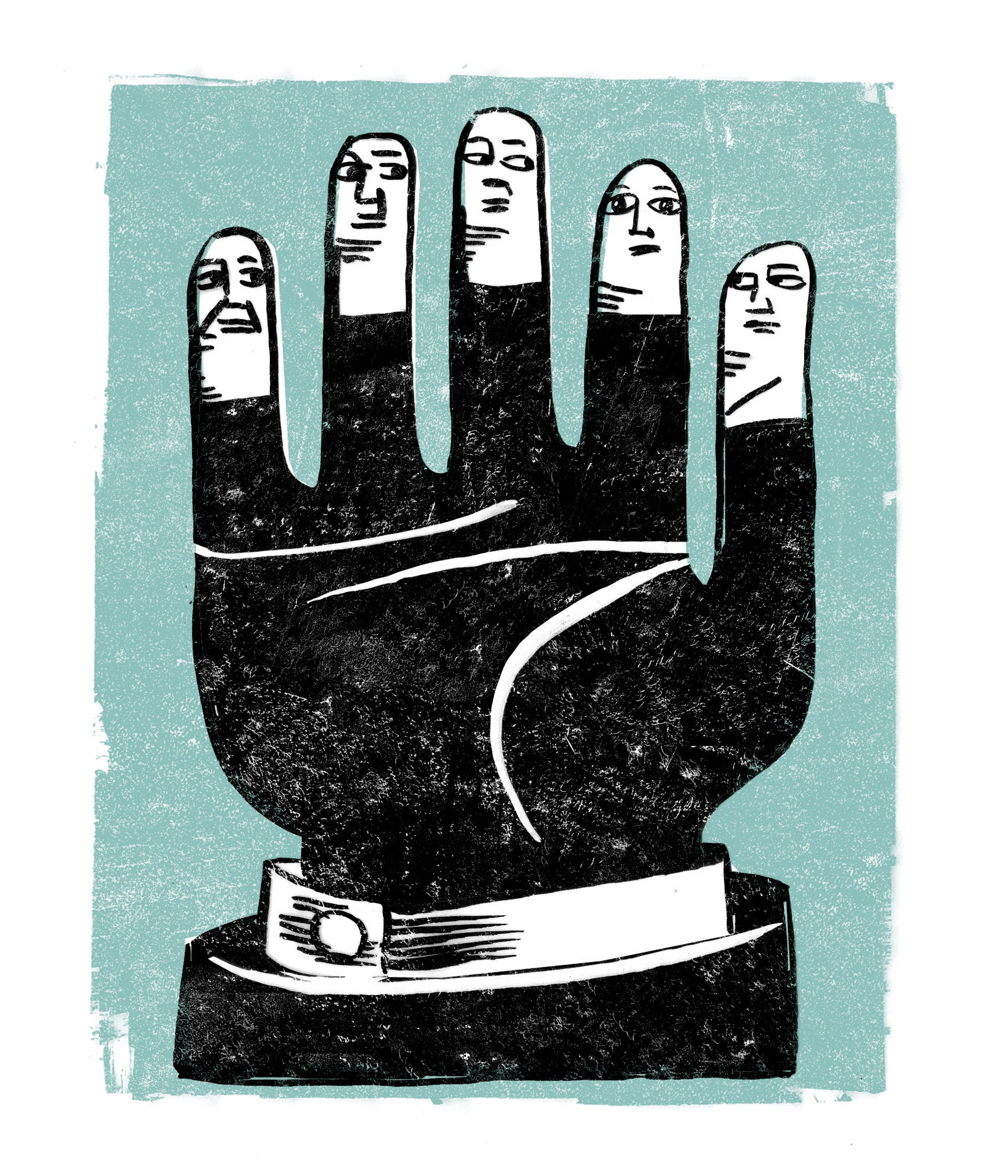Randall Kennedy knows what it’s like to be called a sellout.
Throughout his 24-year career at Harvard Law School, Kennedy has developed a reputation as a professor who is not afraid to challenge orthodoxies—sometimes to the alarm of liberals and black Americans. His 2002 book, “Nigger: The Strange Career of a Troublesome Word,” was criticized by some as providing the noun with a damaging certificate of acceptability.
Then, in a 2006 trial of a white defendant charged with the racially motivated beating of a black man, defense lawyers asked Kennedy to testify about the word. (The assailant was charged with using the epithet before hitting the victim with a bat.) Kennedy told the Queens, N.Y., jury that the word has many meanings. The next day’s New York Times reported that his testimony “seemed to support” defense lawyers’ assertion that their client’s use of the word wasn’t racially offensive.
Clearly, Kennedy has developed thick skin over the years. But the vitriol that came his way in the wake of his court appearance inspired him to respond. The result is “Sellout: The Politics of Racial Betrayal” (Pantheon Books), in which he examines another word replete with racial meaning in black America. Writing the book was not an act of self-defense. It was an act of scholarship.
“I’ve had a long-standing interest in questions about group loyalty,” said Kennedy, surrounded by stacks of books in his Areeda Hall office. “Where does group loyalty come from? What should it entail? Racial patriotism is an interesting thing for me.”
In the book, Kennedy makes the point that black Americans are too quick to assert racial group loyalty by accusing each other of being sellouts. To be sure, he says, allegations of racial betrayal are warranted in some cases if an African-American clearly espouses the oppression of black people. But too often, he says, the truth is ambiguous.
Take Supreme Court Justice Clarence Thomas. In the book, Kennedy calls him “the most vilified black official in the history of the United States,” a man “whose name has become synonymous with selling out.” Kennedy devotes the book’s longest chapter to Thomas, and he details the scorn many black Americans hold for him as a turncoat who, after benefiting from affirmative action, now repudiates it. Kennedy, too, criticizes Thomas, but not for being a sellout. The accusation, he says, forestalls actual analysis of Thomas’ arguments and obscures their weaknesses as well as their strengths.
Speaking up for Clarence Thomas has not been a popular position, and Kennedy has been criticized anew. “When I speak in bookstores, people say, ‘Clarence Thomas is doing things that hurt black people.’ My response is: I disagree with Clarence Thomas. He thinks affirmative action hurts black people, but he’s not the only person who thinks that. I’m pro-affirmative action. But is there a debate to be had about affirmative action? Of course there is.”
Even the example of the slave whistle-blower, a caricature of nearly universal scorn, isn’t as clear-cut as we might be led to believe, Kennedy maintains: “What about the rebellion which the slave views as clearly doomed to failure and, being doomed to failure, will lead to greater misery for the enslaved population? If he blows the whistle, is he a sellout?”
Today, the primary targets are different. “There’s a pall of suspicion around all successful blacks in white institutions,” Kennedy said. “And all successful blacks are aware of it.”
Kennedy devotes a portion of his preface to Democratic presidential candidate Sen. Barack Obama ’91 and the efforts he’s made to overcome that suspicion.
Accusations that black professionals have sold out won’t be going away anytime soon, Kennedy believes. But he hopes that his book will have an influence.
“I have faith that people make better decisions when they have good information,” he said. “I hope that my book will do that.”
